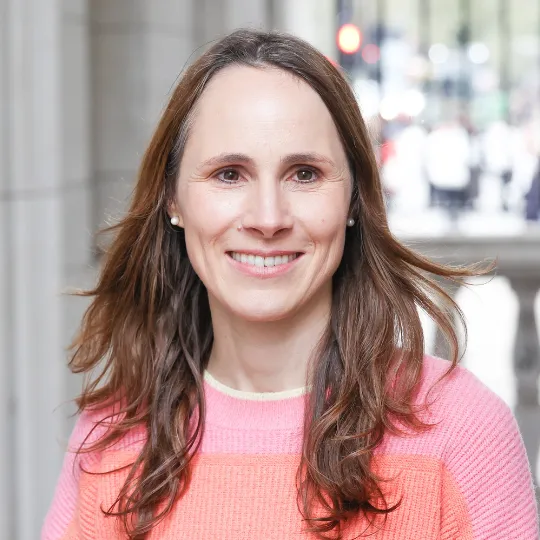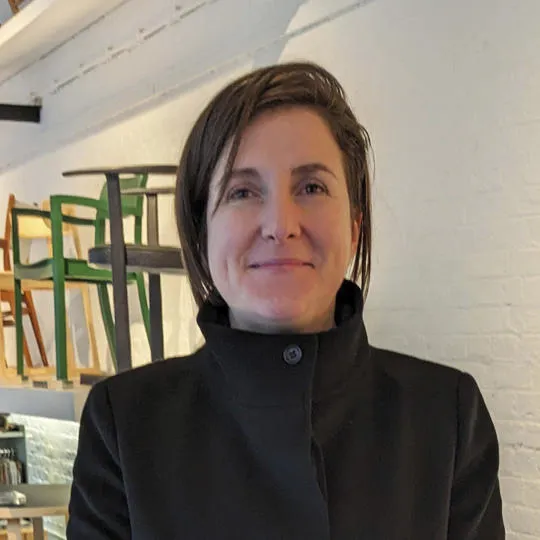Please note: this event has passed
In public debates, commentators often express concern about the effects of social media use on wellbeing. They fear that social media users develop anxiety or depression as they perceive the world through their feeds or that they run the risk of becoming addicted to the validation communicated through comments and likes. With these panels, we want to reframe the discussion by centering the contentious intersections between social media and wellbeing.
Programme
9.30 Doors open. Coffee and tea.
9.55 Welcome from Christina Scharff, John Boy, and Marije Peute
10.00 Paper presentations panel 1*
11.30 Coffee Break
11.45 Paper presentations panel 1*
12.15 Panel discussion
1.00 Lunch
1.45 Paper presentations panel 2*
3.15 Coffee Break
3.45 Paper presentations panel 2*
4.45 Panel discussion
5.30 Drinks
* See below for full list of panelists. 20 minutes presentation + 10 minutes Q&A per person.
Panel 1: Systems and Subjectivities
In this panel, we aim to challenge narrow behavioral conceptions of wellbeing by understanding how feelings and actions associated with the use of social media platforms are in connection with wider power relations of gender, race and class. By convening a diverse and transdisciplinary panel, we want to bridge divides between research programmes to make sense of the politics of wellbeing.
Panelists
- Lecturer Jamie Hakim’s (King’s College London) research interests lie at the intersection of digital cultures, intimacy, embodiment and care. He focuses in particular on queer masculinities.
- PhD Candidate Nicoletta Guglielmelli (University of Genova) studies the gendered content creation of well-being, focusing in particular on men and the way they perceive and portray mental issues.
- Assistant Professor Chei Billedo (University of Amsterdam) focuses on representation in media science, social media use among marginalized social groups, and media representation affects among young people.
- Associate Professor Zeena Feldman’s (King's College London) research investigates intersections between communication, technology, and everyday life. She currently runs the Quitting Social Media project, which explores digital overload and detox.
Moderator
- Professor Christina Scharff (King's College London) explores gender, media and culture from an international perspective. She recently completed a British Academy funded project which explored the politics of digital feminist activism.
Panel 2: Strategies and Solidarities
In this panel, we foreground the capacity for reflexivity and strategic engagement among users of social media. Such strategic action can challenge the impression that individuals are overwhelmed or determined by platforms, but also raises questions about the kinds of solidarities and collectivities that can arise in response to platforms as intermediaries in everyday life.
Panelists
- PhD Candidate Marije Peute (University of Amsterdam) studies how people and organizations navigate the demands and opportunities of social media platforms. She has studied wellbeing and social media from the perspective of young people, applying collaborative and hybrid methods. Her current research project is Curating the Digital City, which focuses on how places change through platform logic.
- Assistant Professor Rachel O'Neill (London School of Economics and Political Sciences) is a feminist media and cultural studies scholar interested in questions of subjectivity and inequality, primarily in the UK context. Her current research concerns the politics and potentialities of 'wellness' as a movement-market centred around health enhancement.
- PhD candidate Ziwen Cui (University College London) studies how Chinese young people negotiate the (gendered) demands of digital space. She finds that they do this by opting out of situations that give high pressure and stress in general, also called the ‘lying flat’ movement.
- PhD candidate Katrin Schindel (King’s College London) is interested in the interplay of feminism, feminine subjectivity, and digital platforms. Her PhD thesis investigated popular intersectionality discourses in German-speaking digital feminism.
Moderator
- Assistant Professor John Boy’s (Leiden University) research is about social media platforms in the context of urban life, and on the practices of those who imagine, build and maintain alternative digital infrastructures.
Event details
River RoomStrand Campus
Strand, London, WC2R 2LS



